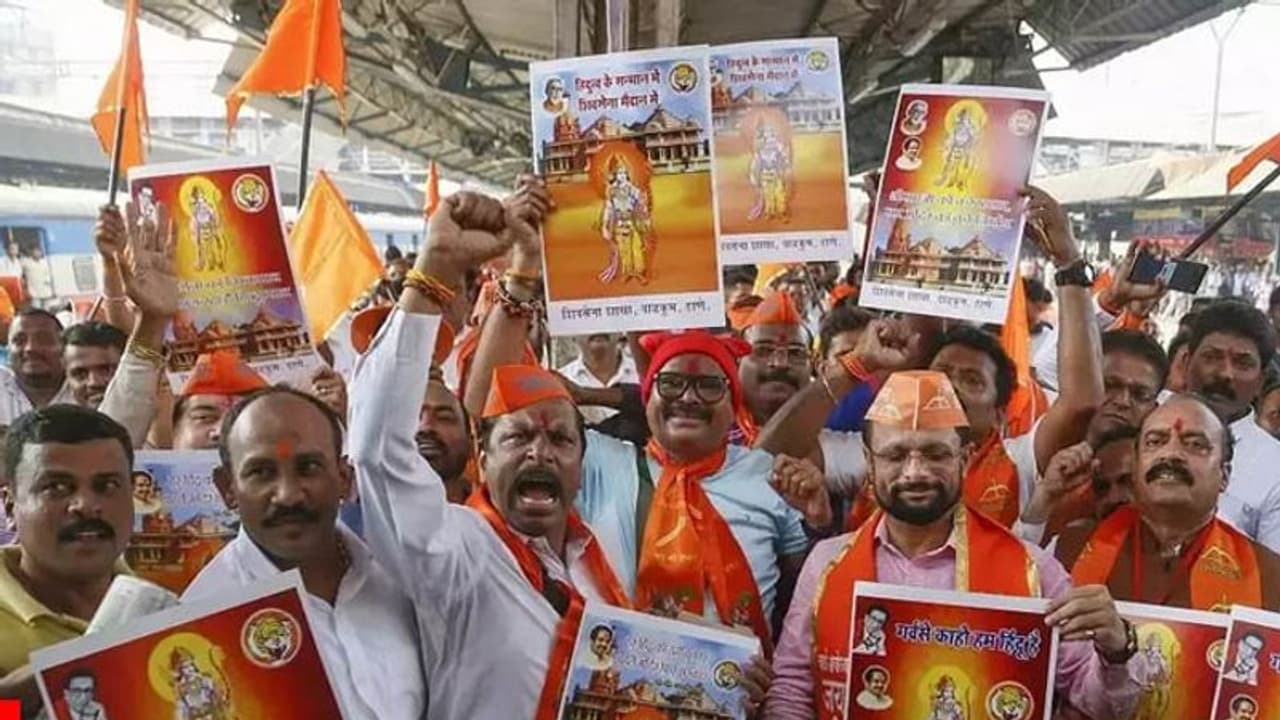In an attempt to amicably settle the Ram Janmabhoomi-Babri Masjid land dispute case, or better known as Ayodhya case, the Supreme Court constituted a 3-member mediation panel. We take a look at the profiles of the trio who will influence the landmark judgement.
The Supreme Court on Friday referred the Ram Janmabhoomi-Babri Masjid land dispute case for mediation by a panel headed by retired apex court judge Fakkir Mohamed Ibrahim Kalifulla to explore the possibility of an amicable settlement.
Spiritual guru of the Art of Living fame Sri Sri Ravishankar and senior advocate Sriram Panchu are the other two members.
The apex court has given eight weeks to the mediation panel.
MyNation looks into who the three are and what can be expected of them:
1.Fakkir Mohamed Ibrahim Kalifulla
Bipartisan pro-people approach all along his career.
The former Supreme Court judge, who retired in 2016, is best known for his insights into the working of the BCCI that helped settle the administrative matters in Indian cricket’s highest administrative body.
Prior to his stint at the top court, Kalifulla was appointed chief justice of Jammu and Kashmir high court on September 18, 2011.
“I understand SC has appointed a mediation committee headed by me. I'm yet to receive the order copy. I can say if the committee has been constituted, we'll take every effort to resolve the issue amicably,” Justice (Retd) FM Ibrahim Kalifullah said, regarding the Ram Janmabhoomi-Babri Masjid land dispute case, soon after his appointment.
The other landmark judgment delivered by the learned judge pertained to the introduction of Vedic astrology as a course of scientific study in Indian varsities.
He is the son of Late Thiru Justice M Fakkir Mohamed.
Another highlight of his career was his tour of Jammu and Kashmir to instil confidence among people and established legal aid clinics.
He was appointed judge of the Madras high court in 2000 and became a member of the high court of Jammu and Kashmir in 2011. After serving as acting Chief Justice, he was elevated as the Chief Justice of the state high court. On April 2, 2012, he was elevated to the Supreme Court.
2. Sriram Panchu
Career mediator who has earlier been on mediation panels of the SC. The SC had appointed him to mediate a 500 square kilometre dispute between Assam and Nagaland, apart from another dispute involving the Parsi community in Bombay.
Panchu is a senior advocate. He founded The Mediation Chambers, offering mediation and med-arb (a form of arbitration in which the arbitrator starts as a mediator, but in the event of a failure of mediation, the arbitrator imposes a binding decision) services.
He is the president of the Association of Indian Mediators and a director on the board of the International Mediation Institute (IMI).
He set up India’s first court-annexed mediation centre in 2005, in which mediation services are provided by the court as part of the judicial system by court referred mediation, wherein the court merely refers the matter to a mediator.
He has worked for making mediation a part of Indian legal system.
Panchu has mediated several complex and high-profile disputes in different realms, such as insolvency, property disputes, family business conflict, intellectual property and IT-related disputes.
He is a certified mediator on the panel of the Singapore International Mediation Centre.
3.Sri Sri Ravishankar
He is the only one among the three mediators who is related to the case and both the parties in the dispute.
Sri Sri is a spiritual guru revered globally. He has spearheaded worldwide movement for a stress-free, violence-free society. Through a myriad of programs and teachings, a network of organizations including the Art of Living and the International Association for Human Values, his footprints have grown rapidly across 155 countries.
He had attempted to intervene in the dispute even earlier. He had earlier also said that Ayodhya was not a sacred place for Muslims and that they should leave their claim to the land.
While he has been trying for a mediated settlement of the dispute, he also has said in the past that a legal settlement of the matter in either party’s favour would lead to violence and a ‘Syria, Middle-East type of situation”.
The problem with Sri Sri is that his previous attempts were not backed by the Rashtriya Swayamsevak Sangh (RSS) and the Vishwa Hindu Parishad (VHP) and in all likelihood no support would come this time too.
